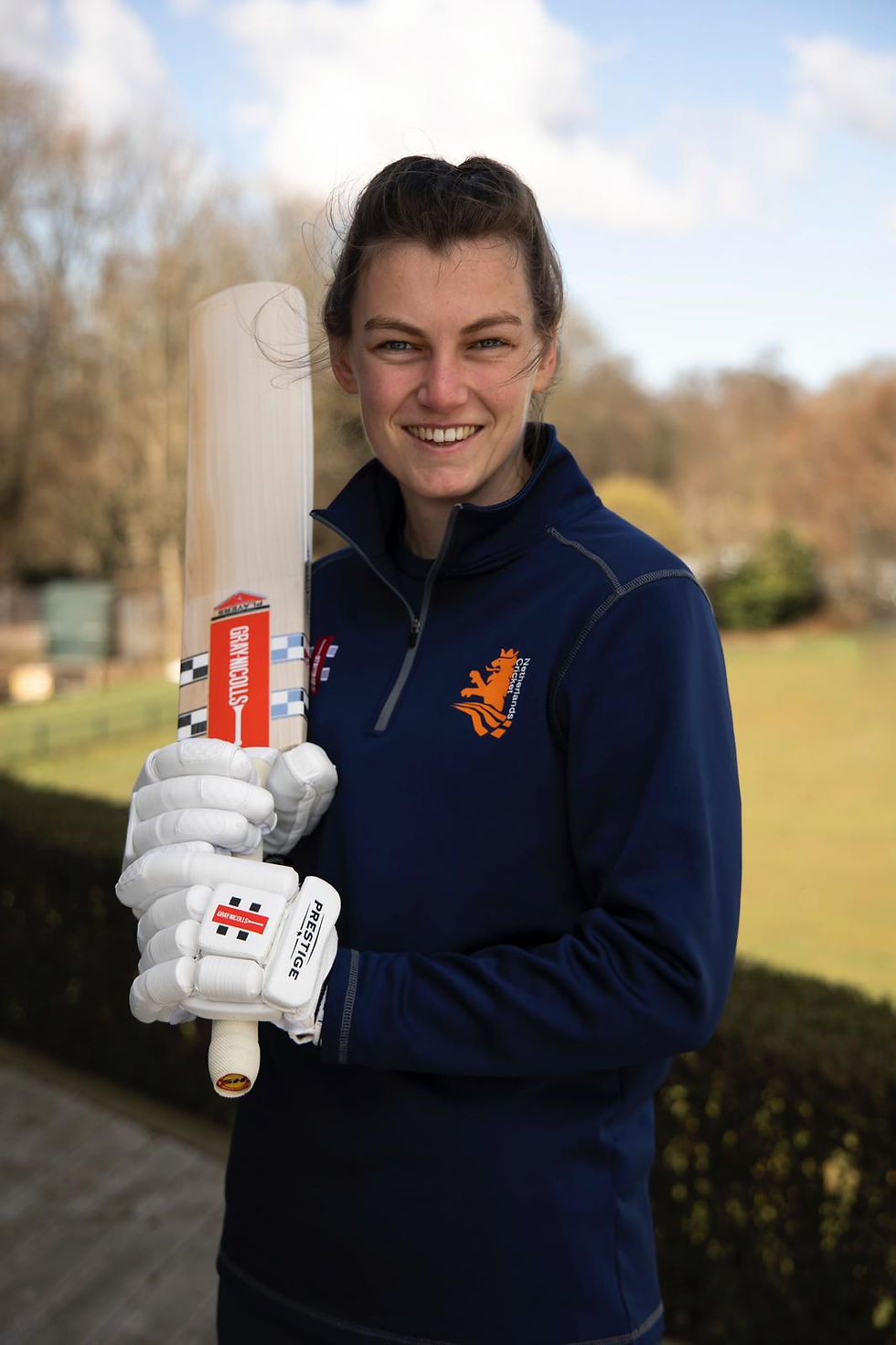Kids United: A Community Hub for Athletes With Disabilities in Groningen
- Lisa Pace

- Oct 3, 2024
- 3 min read
Dutch statistics and health organizations report that approximately 18% of the Dutch population lives with a physical and/or a mental disability. However, to this day the disability sports landscape still looks splintered. The football club Kids United acts as a standard-bearer for sports initiatives for people with disabilities in Groningen, showing what a great impact sports participation can have on their lives.
On Wednesday afternoons, the Kids United soccer club teems with athletes, their relatives and volunteers as they gather for weekly practices. The atmosphere is lively and welcoming, on the field as well as in the new club bar, where parents watch the training sessions in between chats. “Kids United is not only a soccer club, it is a community,” says Margriet Kukler-Bleker (54), founder of Kids United. “There are many extra social activities that the athletes do together. This bar is intended to give them a place to hang out and have fun.”
Margriet Kukler-Bleker and her husband Onno Kukler founded Kids United in 2003. Their youngest son Sandro was left with a disability as a baby due to an illness. When he was 10 years old, he wanted to play football but there were no soccer clubs in Groningen he could join. The Kukler couple then decided to found Kids United, which represented the first sports initiative of this kind in the North of the Netherlands.
Over the past twenty years Kids United has grown from only 4 participants in 2003 to 165 athletes and a team of about 30 volunteers today, becoming Groningen’s official soccer team of people with disabilities.
Sport activity is beneficial for everyone, but it can really make a difference in the lives of people with disabilities. “They have the chance to make friends and play like everybody else,” says Kukler-Bleker. “When they are not here they don’t have much, they mostly sit at home alone. When they come here they make friends and have fun together. If you look at them during the training sessions you can see that they are happy.”
Likewise, Paul Meek (60), father of one of the athletes at Kids United, says that outside the club, it is difficult for these young people to make real friends. “For my son it is really special to be with people like him. They can be themselves here, and it does not matter what abilities they have or not have.”
Apart from having fun, these young people also learn important social skills by playing together. “They learn about winning and losing, how to play in a team and to respect each other,” says Kukler-Bleker.
A 2023 study by Palgrave Macmillan reports that, despite the Dutch government’s efforts to increase the participation of people with disabilities in sports activities since the early 2000s, policy programmes have lacked a common direction and people with disabilities still face countless obstacles on their way to an active living. Kukler-Bleker agrees that in society there is not enough visibility of the needs of people with disabilities.
However, awareness and inclusion can be created through sports events that bring people with and without disabilities together. “A few times a year we play against a team of non-disabled children,” says Kukler-Bleker. “Some of these children see people with disabilities for the first time at these matches and they get to know this reality. Some of them come here at the club years later willing to help as volunteers, and I think it is beautiful.”







Comments